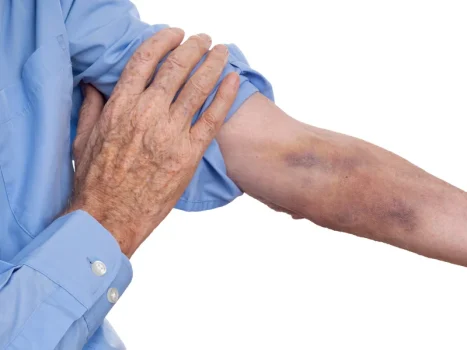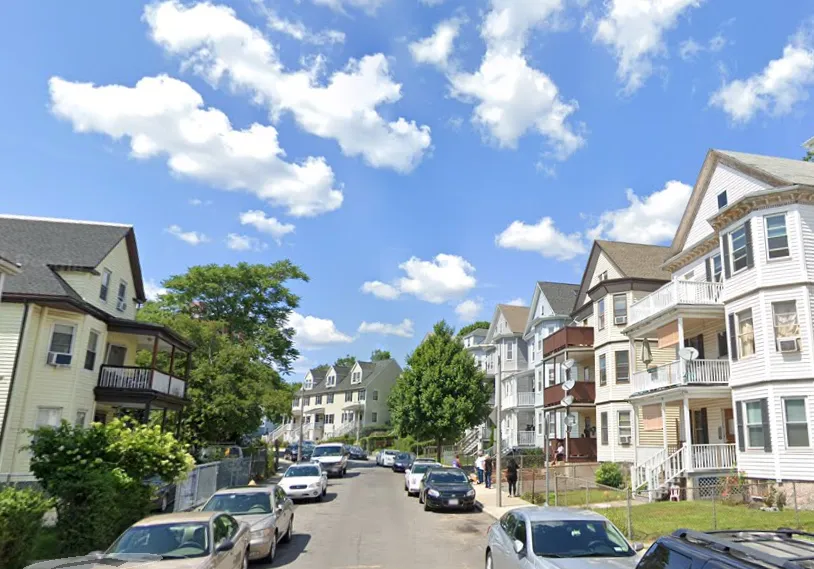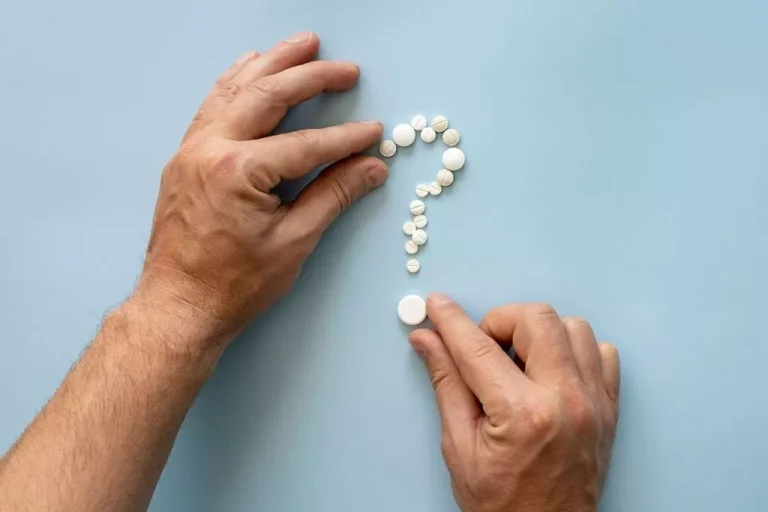
In contrast, chronic alcohol intake can activate the complement response (Roychowdhury et al. 2009), both by inducing the biochemical pathways that lead to activation of the complement cascade and by suppressing processes to terminate or regulate the cascade (Bykov et al. 2007). The main products of the fermentation of dietary fiber, SCFAs (acetate, propionate and butyrate principally) are considered as one of the main direct or indirect mediators of microbiota–gut–brain interactions [72]. The highest production of SCFAs occurs in the proximal colon, where they are quickly and efficiently absorbed, since only 10% of the acids are excreted with the feces [73]. The rest of the SCFAs reach the circulatory system via the superior or inferior mesenteric vein, reaching the brain and crossing the blood–brain barrier thanks to monocarboxylate transporters thus being able to act as signaling molecules between the gut and the brain [74].

How alcohol impacts the lungs

That is, by drinking too much, you decrease your body’s defensive mechanisms to fight off a cold, virus, or other bacterial or viral infections. Alcohol alters the makeup of your gut microbiome — home to trillions of microorganisms performing several crucial roles for your health — and affects those microorganisms’ ability to support your immune system. It seems that drinking alcohol https://ecosoberhouse.com/ may also damage the immune cells that line the intestines and serve as the first line of defense against bacteria and viruses. In a clinical case study reviewed in this issue, Trevejo-Nunez and colleagues report on systemic and organ-specific immune pathologies often seen in chronic drinkers. In such patients, alcohol impairs mucosal immunity in the gut and lower respiratory system.

Microglial activation and its implications in the brain diseases

“Immune system recovery depends on how long you have been drinking, how much and how much damage you have done to your liver. Although your immune system may recover over time, at some point, liver damage becomes irreversible and your immune system will not recover.” “Alcohol also destroys the protective lining inside your respiratory tract that your immune system uses to prevent upper respiratory tract infections like the common cold,” does alcohol suppress immune system Dasgupta says. Lung conditions linked to alcohol include pneumonia, tuberculosis and acute respiratory distress syndrome, according to the NIAAA. If you do choose to imbibe, it’s best to avoid binge drinking and stick to CDC Guidelines — consuming no more than one drink per day for women or up to two drinks per day for men. “It is anticipated that binge drinking will weaken the immune system’s response to Covid-19,” Sarkar says.
Toxicological effects of ethanol on human health
Acute high dose exposures inhibit whereas long-term treatments stimulate proinflammatory cytokine production. In addition, in vivo consumption of moderate amounts enhances phagocytosis and reduces inflammatory cytokine production whereas chronic consumption of large doses inhibits phagocytosis and production of growth factors. Heavy drinking and chronic alcohol use can significantly impact the immune system and decrease immune function.
- Microglia express PRRs, produce cytokines, and modulate neuroinflammatory reactions in brain injury and neurodegenerative diseases (Block, Zecca et al. 2007).
- Response to different stressors is mediated by several neural circuits that converge on the paraventricular nucleus (PVN) of the hypothalamus (Myers, McKlveen et al. 2014).
- The adaptive immune system can be subdivided into cell-mediated immunity, carried out by T cells, and humoral immunity, carried out by B cells.
- Vitamin D deficiency results in reduced differentiation, phagocytosis and oxidative burst, by monocytes as well as defective bactericidal activity by keratinocytes (Fabri, Stenger et al. 2011, Djukic, Onken et al. 2014).
- These antibodies then will bind to any matching antigen molecules they encounter in the blood or on other cells, thereby marking them for destruction.
- Several lines of evidence suggest that alcohol abuse significantly disrupts the GI and respiratory tract immune barriers.
- We need lots of different ‘good’ bacteria in our gastrointestinal (GI) tract for healthy immune function.
If a person regularly drinks alcohol, their injuries, cuts, and surgical site wounds may heal slower than someone who avoids alcohol. Alcohol also causes the body to metabolize toxic chemicals and increase hormone levels. When a person drinks alcohol, their body metabolizes it into acetaldehyde, a chemical that can damage DNA and prevent the body from repairing it. Since DNA controls cell function and growth, damaged DNA can cause cells to grow uncontrollably and develop tumors. Alcohol does not directly cause UTIs, but it can increase a person’s risk of developing a UTI and worsen the symptoms of an existing UTI.
Analyses of alcohol’s diverse effects on various components of the immune system provide insight into the factors that lead to a greater risk of infection in the alcohol-abusing population. Some of these mechanisms are directly related to the pathology found in people with infections such as HIV/AIDS, tuberculosis, hepatitis, and pneumonia who continue to use and abuse alcohol. These disruptions to the composition of the gut microbiota and to gut barrier function have important implications beyond the intestinal system.
- Thus, alcohol consumption enhances immature NKT (iNKT) cell proliferation and maturation in the thymus and increases IFN-γ–producing iNKT cells (Zhang et al. 2015).
- A study in rats has shown that only two weeks of alcohol administration disrupts the intestinal barrier and after two weeks more, liver injury occurs [62].
- Microbiota produces neurotransmitters, tryptophan metabolites, fermentation metabolic by-products such as short-chain fatty acids (SCFAs), the release of cytokines by immune cells and gut hormone signaling.
- Alcohol-induced changes in tight junctions cause increased intestinal leaks that lead to translocation of bacteria-derived products such as lipopolysaccharide (LPS).
Several lines of evidence suggest that alcohol consumption exerts a dose-dependent impact on the host response to infection. Chronic alcohol abuse leads to increased susceptibility to bacterial and viral infections, most notably a 3 to 7-fold increase in susceptibility (Schmidt and De Lint 1972) and severity (Saitz, Ghali et al. 1997) of bacterial pneumonia compared with control subjects. Similarly, the incidence of Mycobacterium tuberculosis infection among alcoholics is increased (Sabot and Vendrame 1969, Hudolin 1975, Kline, Hedemark et al. 1995, Panic and Panic 2001). Alcohol use has also been shown to drive disease progression in chronic viral infections such as human immunodeficiency virus (HIV) (Baum, Rafie et al. 2010) and Hepatitis C (Bhattacharya and Shuhart 2003). In addition, the magnitude of antibody response following vaccination with Hepatitis B is lower in alcoholics compared to controls (Nalpas, Thepot et al. 1993). The body constantly is exposed to pathogens that penetrate either our external surface (i.e., the skin), through wounds or burns, or the internal surfaces (i.e., epithelia) lining the respiratory and gastrointestinal (GI) tracts.
Mental health


